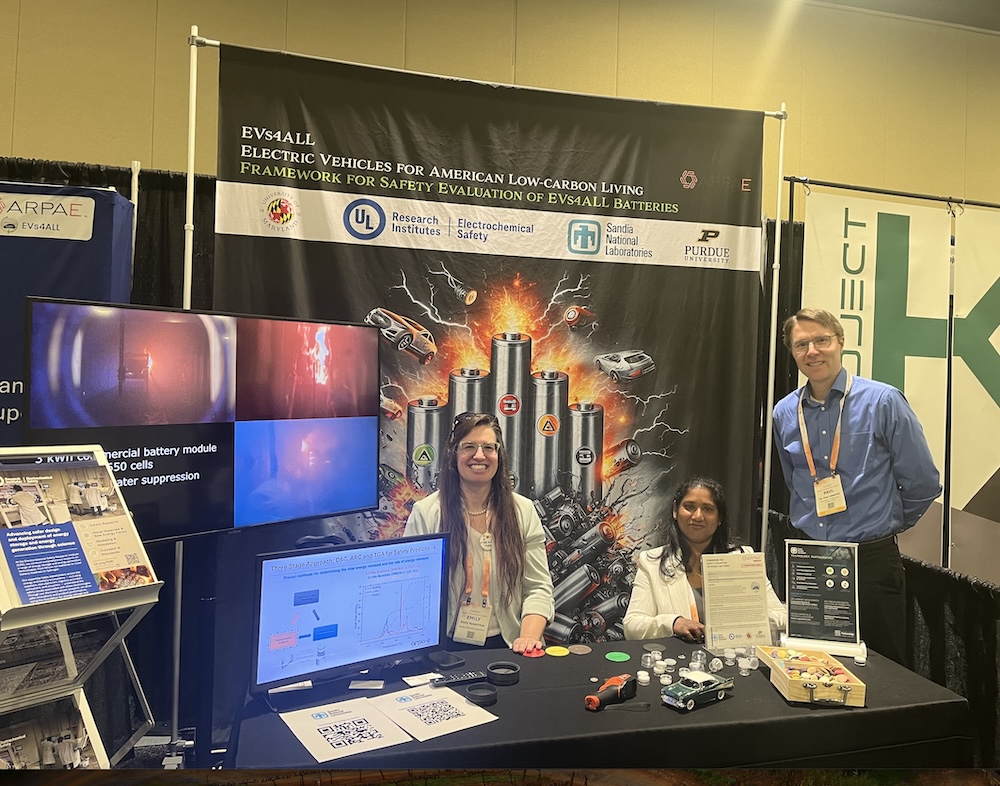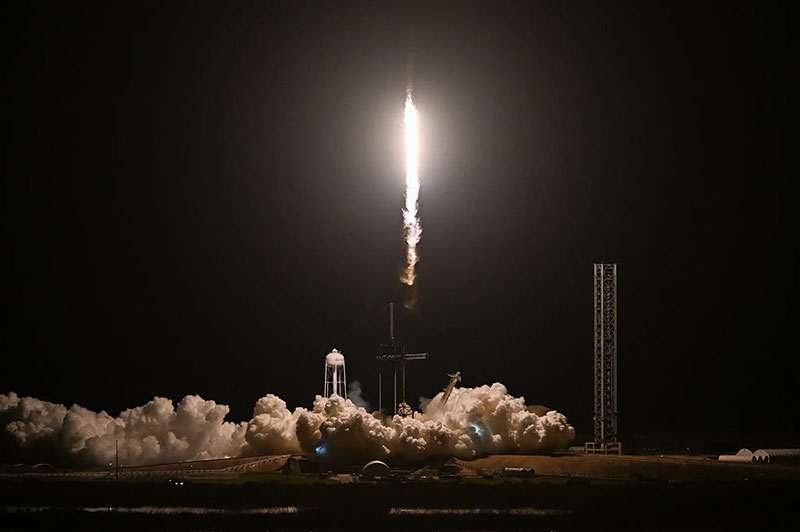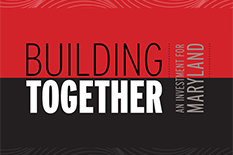News Story
Trio of Maryland Engineers Named to Forbes’ 30 Under 30 Lists

Three Engineering Terps have been named to the 2025 Forbes 30 Under 30 lists: From left, Parinaz Fathi '15, Tyler Denk '16, and Julia Lamb ’17.
News story originally published in Maryland Today, written by Karen Shih.
From your email inbox to your thyroid to the battery in your phone, University of Maryland grads are transforming critical aspects of your everyday life. Three young innovators and entrepreneurs have been named to the 2025 Forbes 30 Under 30 lists, the magazine’s annual roundup of 600 rising stars in education, music, social impact, health care and more. They join more than 25 other Terps recognized by Forbes since 2011. Learn more about these remarkable alums:
Parinaz Fathi ’15 (mechanical engineering) was featured on the Science list. She developed VIPER (Vital Injury Protein Evaluation for Recovery), a powerful tool that can predict survival in cases of traumatic injury. As an independent research scholar at the National Institutes of Health, Fathi leads a team that creates miniature organ models to study immune-related conditions, and examines how biological nanoparticles play a role in cancer and autoimmune diseases, with the goal of eventually developing therapeutic interventions. She likes creating “technology that could improve people’s health and well-being,” Fathi told NIH earlier this year. She also received the Rising Terp Award from the Alumni Association in 2024.
Tyler Denk ’16 (mechanical engineering), co-founded beehiiv, an online newsletter platform used by the likes of Arnold Schwarzenegger and Time magazine. Its customers reach over 6 million subscribers, due the site’s easy-to-use and customizable templates. The startup raised $33 million from investors this year and expects to earn $20 million in revenue this year. Considered a Forbes “All-Star Alumni,” he was named to the Media list two years ago, too. Denk also received the Rising Terp Award from the Alumni Association in 2024.
Julia Lamb ’17 (chemical engineering) is the head of cathode research and development at Bedrock Materials, a Chicago-based startup developing technology to enable domestic manufacturing of sodium-ion batteries. The goal is to create more cost-effective and environmentally sustainable alternatives to current lithium-ion batteries, which are used in everything from smartphones to electric vehicles. The company has raised $9 million in seed funding.
“I have been granted an unreal honor, listed alongside the names of astonishing people who have changed the world,” Lamb wrote on LinkedIn after her placement on Forbes’ Energy & Green Tech list was announced Tuesday. “There are a thousand and one ways to make a sodium-ion battery, but only a few ways to make one that the world actually wants—cheaper, safer, and high enough energy for a real product.”
Published December 5, 2024







